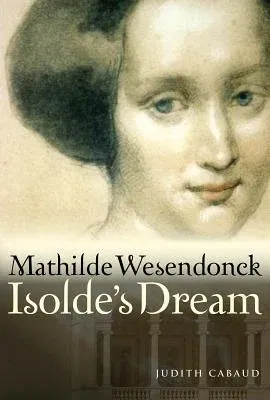Judith Cabaud
(Author)Mathilde Wesendonck, Isolde's DreamHardcover, 1 August 2017

Qty
1
Turbo
Ships in 2 - 3 days
In Stock
Free Delivery
Cash on Delivery
15 Days
Free Returns
Secure Checkout

Part of Series
Amadeus
Print Length
296 pages
Language
English
Publisher
Amadeus
Date Published
1 Aug 2017
ISBN-10
1574674919
ISBN-13
9781574674910
Description
Product Details
Author:
Book Format:
Hardcover
Country of Origin:
US
Date Published:
1 August 2017
Dimensions:
22.61 x
15.75 x
2.29 cm
ISBN-10:
1574674919
ISBN-13:
9781574674910
Language:
English
Pages:
296
Publisher:
Series:
Weight:
635.03 gm